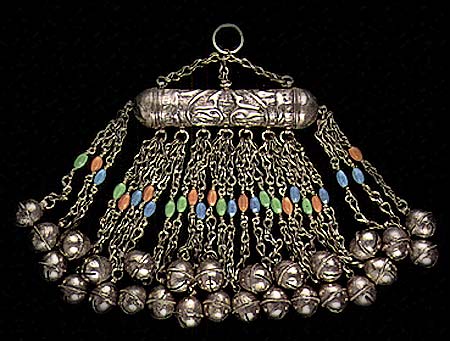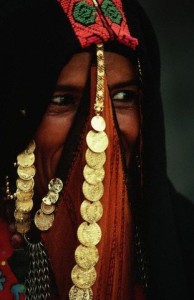By Amira Elhamy
Only 50km from the Libyan borders lies the ancient fertile Siwa oasis or Ammonium, as it was called in ancient times. As the Egyptologist, Ahmed Seddik, explains, the moment you step into Siwa, you move from complete deprivation, which is the vast desert that surrounds the oasis, to complete luxury which is the oasis itself, where the finest trees grows due to the miraculous fertility of the land in Siwa.
Siwa oasis is one of Egypt’s most isolated settlements, with 23,000 people. It lies between the Qattara Depression and the Egyptian Sand Sea in the Libyan Desert. It is located in a deep depression that reaches below sea level, to about 19m. Its inhabitants were able to develop a unique culture and a distinct language named Siwi language.
Siwa actually enjoys various rich layers of historical heritage. One of these historical layers is actually Greek. Certain historical speculations point out that Alexander the Great is buried in Siwa. While Alexander was on his way to conquer the Persian Empire, he reached the oasis. The theory assumes that Alexander asked shortly before his death to be interred in the temple of Zeus Ammon in Siwa. He also requested to be referred to and perceived as the son of Zeus Ammon. However, this theory was refuted by another theory that indicates that Alexander’s wish to be interred in Siwa was not honoured and actually the funerary cart with Alexander’s body was hijacked by one of Alexander’s generals. Concerning this point, Seddik clarifies that Alexander the Great being buried Siwa is an assumption, however stronger assumptions indicate that he is actually buried in Alexandria.
Social research on Siwa, reveal that the oasis actually enjoys a unique cultural heritage and intact native customs and traditions. It features rites, traditions, dress, tools and language distinct from any other oases in Egypt. Most Siwans speak Arabic, however, children first learn to speak some Siwan dialects, one of them is the Siwi dialect, which is spoken in some communities in Libya, Algeria and Morocco. The community in Siwa is very conventional. Dress code is very conservative, women are covered from head to toe, however, they wear embroidered garments that reflect the uniqueness of the Siwan culture. Mothers teach their daughters how to embellish the hand-woven fabrics and each woman is expected to produce her own trousseau. The most dazzling garments are worn at weddings. Jewelry is one of the finest art work in Siwa. Exceptional designs of necklaces, bracelets and rings are made from silver and embellished with stones like mother of pearls and corals. It is to be noted that garment and jewelry made in Siwa are often displayed at many national and international exhibitions.
Siwans have always depended on agriculture as their main economic resources. Olives and dates are the main harvest planted in Siwa. Concerning this aspect Seddik says: “The multitude of Palm trees in Siwa is one of the unique aspects of the oasis. The amount of greenery in Siwa makes it the perfect definition of an oasis; it is like a beautiful garden lying in the middle of the desert.”
About living an exceptional experience in Siwa oasis, Yousra Tharwat, who recently visited Siwa, says: “It was my first time to visit Siwa; before visiting the beautiful oasis, I heard a lot about it. Many people talked about how visiting this magical place is a different experience compared to visiting any other places in Egypt. What I heard actually turned out to be true. Siwa is a very serene and tranquil place. It provides its visitors with peace of mind, especially if they get the chance to cruise the Great Sand Sea. Although it is part of Egypt, however, you get to learn about a totally different culture with its unique customs and tradition.” says Tharwat.
The uniqueness of Siwa as an oasis that makes the desert shine, is the main reason why many visitors from all over the world come to Egypt. The inspiring tranquility and the healing power of greenery found in Siwa definitely make the visit an unforgettable one.
#Stay tuned for more tours.



